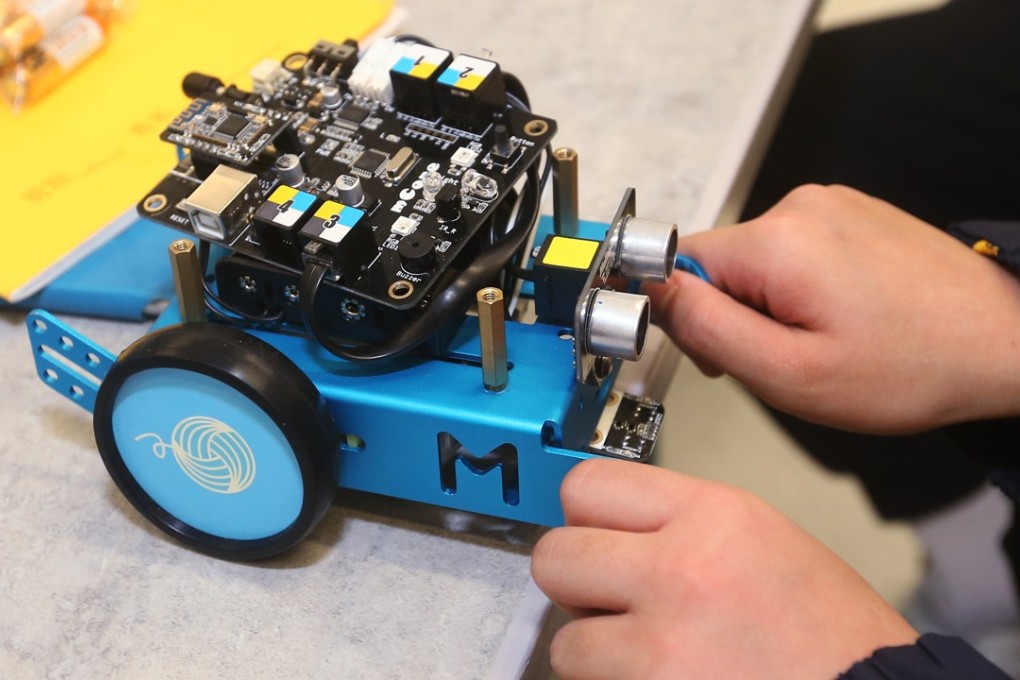Making STEM fun for children is vital for Hong Kong’s future
Ken Chu says the Hong Kong economy needs a workforce trained in science and technology to compete in today’s digital world, and no push to promote STEM education in schools can succeed without children taking a genuine interest in these subjects


Have you done your hour of coding this week?
The government report offers many recommendations but a key element – the fun factor – seems to be missing
Furthermore, the Education Bureau provides funding and other kinds of support to schools to promote STEM programmes. For example, it launched a STEM Education Centre last year as part of its Arts and Technology Education Centre, to strengthen support for technology education in schools.
Despite these efforts, Hong Kong is still being criticised for lagging behind in this aspect.
There are a number of reasons for this. Foremost is Hong Kong’s failure to give priority to STEM subjects in its school syllabus. Among the four subjects, only maths is mandatory throughout the six years of secondary school education, but engineering and technology-related subjects are not.
Furthermore, even after the introduction of the new senior secondary curriculum in 2009, science subjects remain electives for senior secondary students.